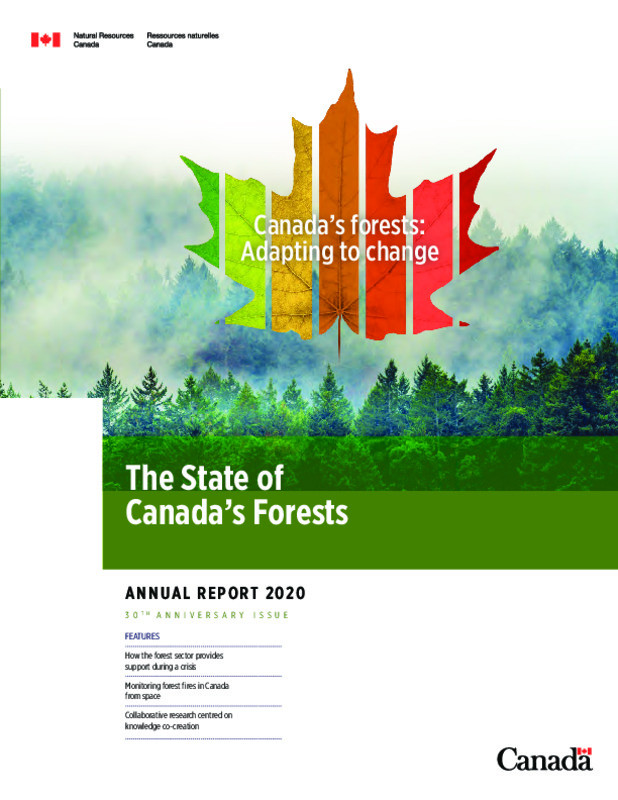Canada, the World’s Leader in Sustainable Forest Management
Forests are an essential part of the solution to many global challenges. Trees mitigate the effects of climate change, provide renewable wood products and energy, and contribute to a greener economy. Covering 347 million hectares, Canada’s forests comprise nearly 9% of the world’s total forested land, and Canada is the world’s leader in forest certification. Canadian forestry management practices are held in high regard by international customers and scientists alike, and Canada is known around the world as a trusted source of legally sourced and sustainably harvested forest products.
Canada’s forests at glance:
- 77% of Canada’s managed Crown forest land is certified to third-party standards of sustainable forest management. (2019)
- Canada is home to 347 million hectares of forest land, 90% of which is publicly owned.
- 9% (30 million hectares) of Canada’s forests are in established, legally protected areas — meaning they will not be harvested (2019).
- Canada is the third-most forested country in the world, replacing the harvested trees by planting 440 million seedlings annually in order to ensure the future of the country’s forests (2018).
- In 2018, the forest sector directly employed 204,555 people.
- In 2019, Canada’s forest sector contributed $23.7 billion to Canada’s nominal GDP.

The State of Canada’s Forests. Annual Report 2020.
This annual report offers a national snapshot of the social, economic and environmental status of forests and forestry in Canada. The theme of this edition is “Canada’s forests: adapting to change”. Feature articles include:
- how the forest sector provides support during a crisis
- how a revolutionary greenhouse in Quebec is benefitting from an adjacent pulp mill
- how Canada will use a space satellite and artificial intelligence to fight forest fires
- how scientists and Indigenous communities are working toward co-creation of research
- how researchers are using genomics to help Canada’s forests thrive in the face of climate change

